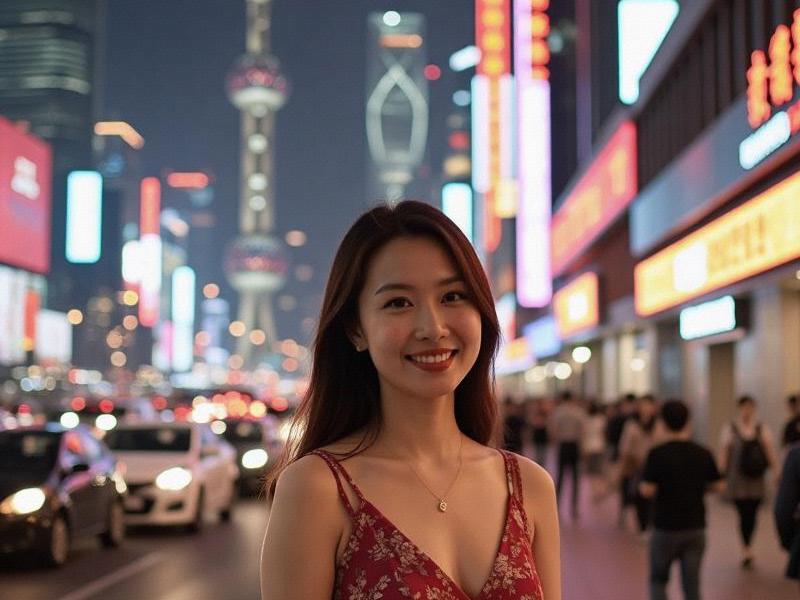This 2,400-word investigative feature examines how Shanghai women are dismantling traditional beauty paradigms while creating hybrid identities that blend global influences with local values.

The neon-lit streets of Shanghai tell competing stories about Chinese femininity. Along Nanjing Road, billboards still showcase porcelain-skinned models in traditional qipao dresses, while in the French Concession's indie boutiques, tattooed female entrepreneurs hawk gender-neutral streetwear. This tension forms the backdorpfor Shanghai's quiet revolution in beauty standards - one where women are rewriting the rules of attractiveness on their own terms.
Shanghai Beauty Landscape 2025:
• Cosmetic surgery rate: 38% lower than national average
• Female-led startups: 42% of total (highest in China)
• Age of first marriage: 31.2 (up from 26.8 in 2015)
• Gender-balanced corporate boards: 67% of major firms
• Nontraditional beauty businesses: 214% growth since 2020
上海贵族宝贝龙凤楼 Three Transformative Trends:
1. THE RISE OF "CHUANGYE MEINÜ" (ENTREPRENEURIAL BEAUTIES)
• Tech founders rejecting "office flower" stereotypes
• Venture capital firms targeting female-led startups
• Co-working spaces doubling as beauty incubators
• Success metrics shifting from marriage to IPOs
上海品茶网 2. BEAUTY DEMOCRATIZATION
• Douyin (TikTok) tutorials replacing department store counters
• Hyper-localized skincare routines (Huangpu River humidity formulas)
• Male grooming market growing 27% annually
• "Raw face" movement gaining traction
3. FASHION HYBRIDITY
• Qipao redesigns with sneaker compatibility
爱上海 • Hanfu enthusiasts mixing historical styles with techwear
• Sustainable fashion collectives upcycling luxury fabrics
• Digital avatar styling for metaverse identities
"Shanghai women have always been China's style pioneers," notes sociologist Dr. Wang Lixia. "What's new is how they're weaponizing beauty - using aesthetic confidence as leverage in boardrooms rather than just ballrooms."
As Shanghai prepares to host the 2026 Global Women's Forum, its evolving beauty culture offers a case study in how urban Chinese women are negotiating modernity. The city demonstrates that true empowerment might look less like rejecting beauty standards altogether, and more like defining them on one's own terms - whether that means 3D-printed nail art or going makeup-free to investor meetings.